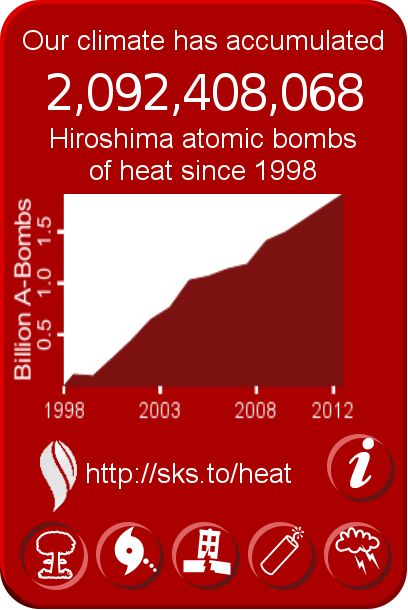D, I think and hope the mindset is changing.
2013: Life on the Edge of the Sustainability CliffThe six key sustainability standards in 2013 are:
1. Sustainability Accounting Standards Board [SASB]
SASB is developing sector-based KPIs for sustainability disclosure. Through its evidence-based approach, SASB will dramatically improve the precision, materiality and disclosure of sustainability indicators for integrating ESG factors into financial markets. SASB is now hosting various sector-based groups to provide input into its KPI development.
2. Global Reporting Initiative [GRI]
GRI is the de facto standard for corporate sustainability reporting. A total of 4,994 organizations have produced more than 10,000 corporate sustainability reports following GRI guidelines. GRI will introduce in 2013 the next generation – G4 – of its reporting guidelines.
3. International Integrated Reporting Council [IIRC]
The IIRC, another disclosure initiative, is a global coalition of regulators, investors, companies, standard setters, accountants and NGOs. Together, this coalition shares the view that communication about businesses’ multi-dimensional value creation should be the next step in the evolution of corporate reporting. Already, hundreds of companies are experimenting in blending financial and sustainability reporting. IIRC is nurturing and tracking this process in its effort to build a generally accepted integrated reporting framework.
4. The Sustainability Consortium [TSC]
The TSC is the leading authority on product sustainability standards. Under the leadership of new Executive Director Kara Hurst, TSC is expanding into China and is ramping up the release of scientific-based and collaboratively developed standards for improving product sustainability.
5. United Nations' Principles for Responsible Investment [UNPRI]
The UN PRI is an international network of 1,138 investors representing over $32 trillion in assets under management. UN PRI works to accelerate the integration of ESG issues into investment analysis and decision-making processes with the goal to understand the implications of sustainability for investors and to help signatories incorporate these issues into their investment decision-making and ownership practices. The rapid uptake of UN PRI demonstrates how sustainability considerations are being infused into investment decision making.
6. Global Initiative for Sustainability Ratings [GISR]
The GISR is a new participant in the family of initiatives aimed at making capital and other markets agents of, rather than impediments to, achieving the Post Rio+20 sustainability agenda. Complementary to the disclosure focus of SASB, GRI and IIRC, GISR's mission is to create a world-class corporate sustainability ratings standard as an instrument for transforming the definition of value and value creation by business in the 21st century.
GISR’s new global standard will be coupled with capacity building, certification and analytical tools to embed sustainability into the capital markets worldwide. GISR will release the principles component of this standard in May 2013 at the Ceres conference.
Accelerating the Sustainability Transition
Collectively these six initiatives, each with a distinct but linked role in the emerging sustainability information landscape, will:
Transform the way corporate sustainability information is disclosed by developing new disclosure standards for material sustainability information and value generating strategies;
Reposition corporate reporting to tell a more complete story of how an organization’s strategy, governance, performance and products lead to the creation of value over the short, medium and long term;
Improve the precision, materiality and disclosure of sector-based sustainability (ESG) KPIs;
Accelerate the global uptake and impact of integrating ESG factors into investment decisions and financial markets; and
Build general acceptance for a new standard for measuring corporate sustainability performance that can elevate ratings as a more powerful tool for accelerating the integration of ESG factors investment decision-making.
The early achievements of these organizations point to 2013 as a watershed year for accelerating the transition – and moving markets – toward more sustainable outcomes that both business and the world so urgently need. The shift away from myopic focus on short-term financial returns to a more expansive, long-term focus on vital capitals is an idea whose time has come. Such a transformation is no longer an option, but a necessity, if the next decade and beyond is to avoid a “sustainability cliff.”
csrwireHuman history becomes more and more a race between education and catastrophe. H. G. Wells.
Fatih Birol's motto: leave oil before it leaves us.






